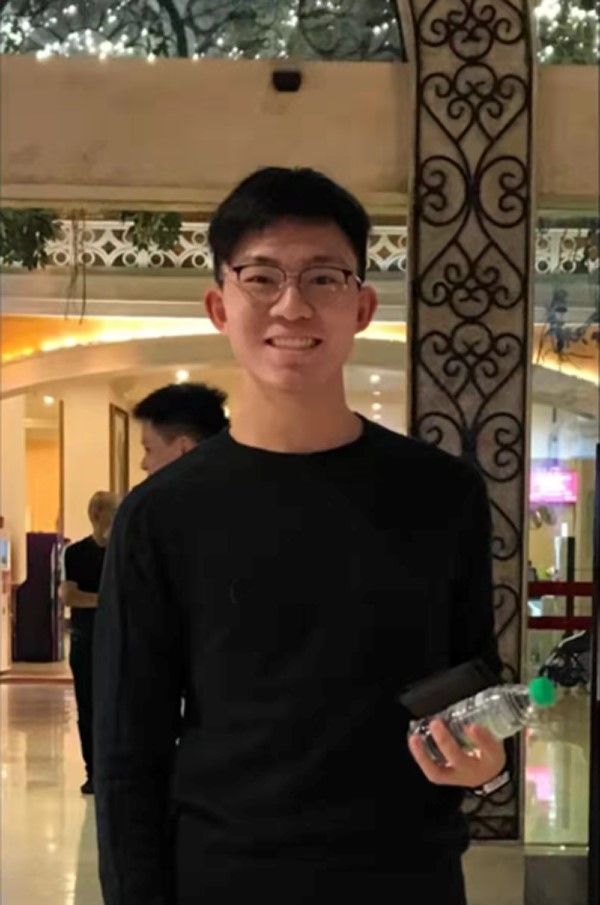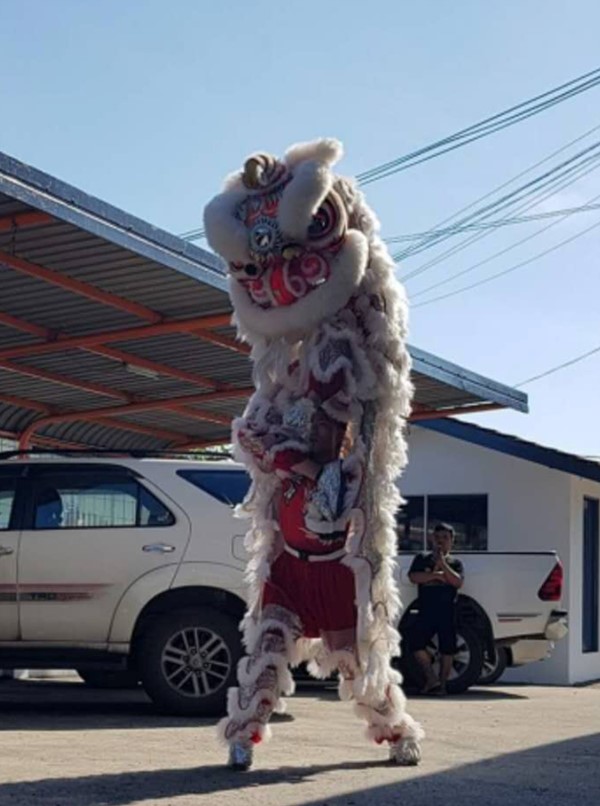Malysian Chinese student's deep affection for Chinese Culture

Editor’s Note: Khor Whye Wei, a Malaysian whose Chinese name is Xu Huaiwei, began to pursue his undergraduate studies at the School of Electronic Information and Electrical Engineering, Shanghai Jiao Tong University, in 2021.
Xu is the third generation of his family to live in Malaysia, starting from when his grandfather moved from China to the country. Xu had a lot of Chinese cultural experience when he was young. A number of Chinese cultural activities such as Chinese folk dance, cross-talk, lion dance, and calligraphy writing exerted a positive and far-reaching influence on his growth.
Xu's father enjoys participating in community activities and donates to charities. Xu thinks that his father has been practicing the traditional virtues of Chinese people in many ways, setting an example for him to pass on traditional virtues.
Folk dance, an enlightening part of Chinese culture
Chinese folk dance was Xu's first taste of the country's culture. As Chinese people account for a large portion of the population in Malaysia, Chinese culture is easy to find there, especially folk dance. When Xu was in high school, he took part in Chinese folk dance performances for celebrations at schools and for entertainment in various events.

Cross-talk, the beauty of Chinese language
Xu started performing cross-talk, a kind of folk performing art, in 2014. At first, he was too shy to perform onstage. A cross-talk competition held by his school changed his mind. While practicing for the competition, he was amazed by the beauty of cross-talk and the power of Chinese characters. He won a prize for his performance. "How magical crosstalk is!" Xu said. Since then, he has started writing his own cross-talk scripts. His performances have won him praise and recognition from his peers.

Lion dance, a traditional Chinese culture activity
The lion dance is a common cultural touchstone for overseas Chinese, as it represents good blessings and exorcising evil spirits. These dances are commonly performed in many Southeast Asian countries, including Malaysia.
In Miri, a city in northern Sarawak, Malaysia, where Xu grew up, his school has a tradition of arranging for teachers and students to participate in Chinese New Year lion dance fundraising activities. He took part in the performance every year, as well as lion dance performance competitions.

It is not difficult to understand why Xu would choose to study in China, knowing his deep affection for Chinese culture.
He applied to Shanghai Jiao Tong University because of its long history and profound cultural heritage, as well as its motto of gratitude and responsibility. This motto demonstrates some of the most important values in Chinese culture, Xu said.
After a year of pre-university study, he is now a sophomore at the university's School of Electronic Information and Electrical Engineering.
Chinese culture gives him confidence, wisdom, tolerance, and courage, he said. Trying to seize every opportunity to show his understanding of Chinese culture, he said it is his mission to inherit Chinese civilization and promote Chinese culture.



